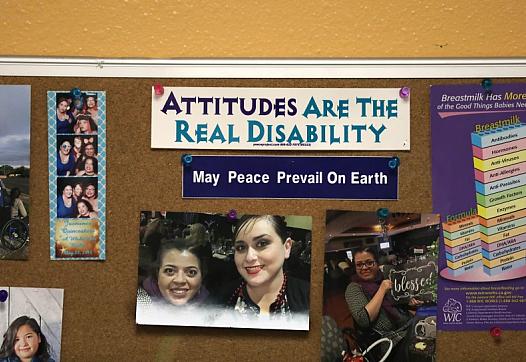
Disabled people get pregnant and give birth at the same rates as nondisabled ones. But their outcomes are often far worse, and modern medicine has largely turned its back on them.

Disabled people get pregnant and give birth at the same rates as nondisabled ones. But their outcomes are often far worse, and modern medicine has largely turned its back on them.
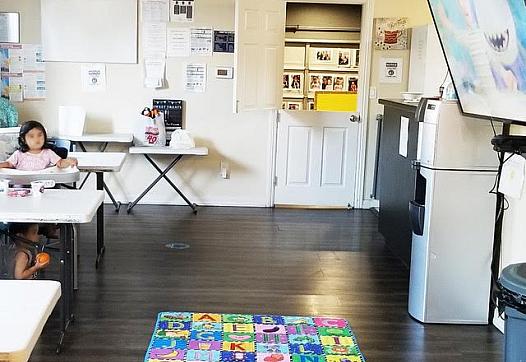
For pregnant individuals facing multiple years in prison, a program offers unexpected hope and an alternative pathway.
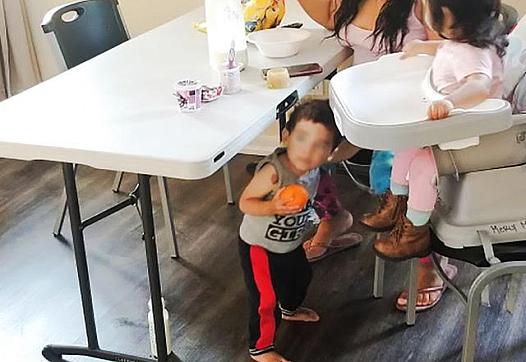
In the second part of this multi-part series, we explore, step-by-step, the process for diverting pregnant people out of LA County’s women’s jail, moving them into housing and toward independence.
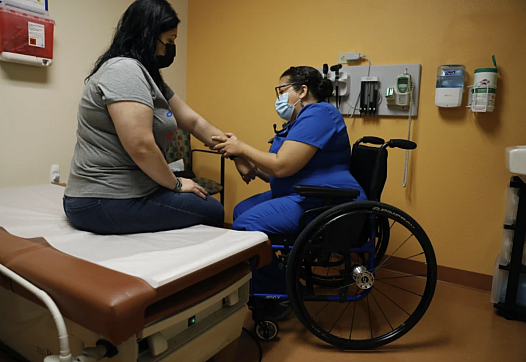
Though disabled women now get pregnant and give birth at the same rate as nondisabled ones, modern medicine has largely turned its back on them.
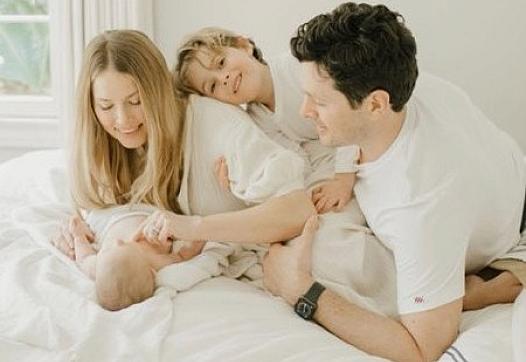
UCLA study answers some of the questions expectant mothers have had since early in the pandemic, when so much was unknown.
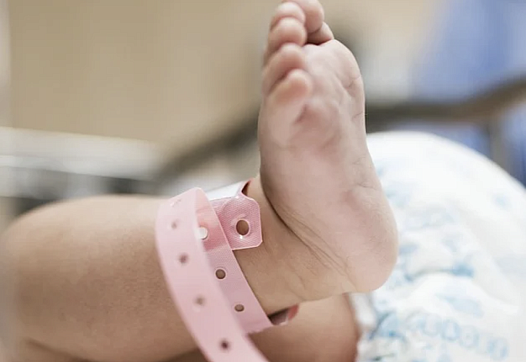
Birthing parents report isolation during the pandemic and stress after the closure of the labor and delivery center in Fort Bragg last year, revealing strains on maternal healthcare in Mendocino County.
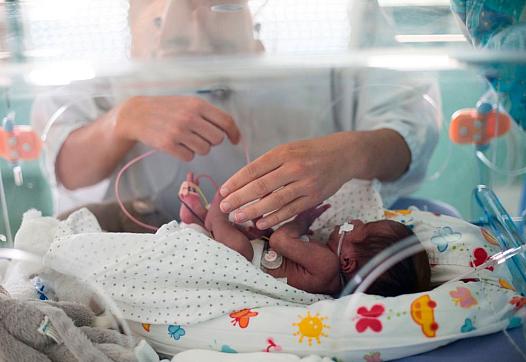
A reporter pivots between experts and data to try to understand why still so little is known about premature births.
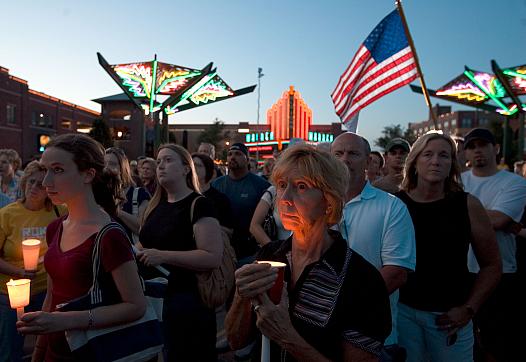
Ever-harsher restrictions in Texas force more women to seek care out of state.
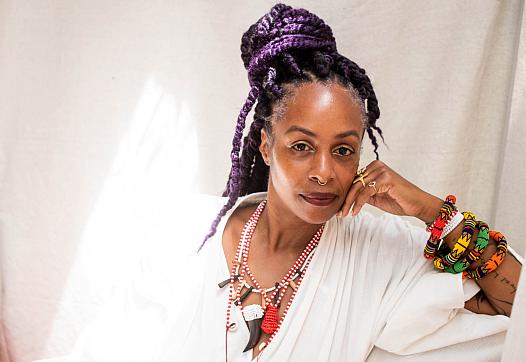
About 2% of the country’s 15,000 licensed midwives are Black. In Southern California, there are about 120 licensed midwives, but only seven of them are Black.
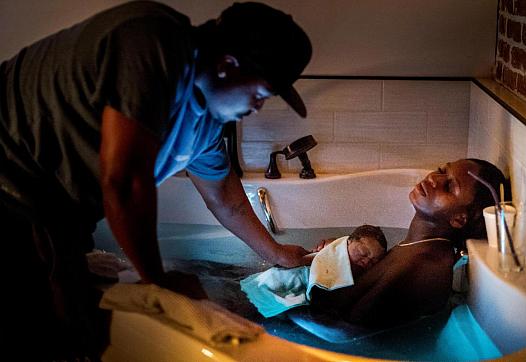
Many of LA County’s programs focus on addressing the consequences of intergenerational racism on the health of Black women.